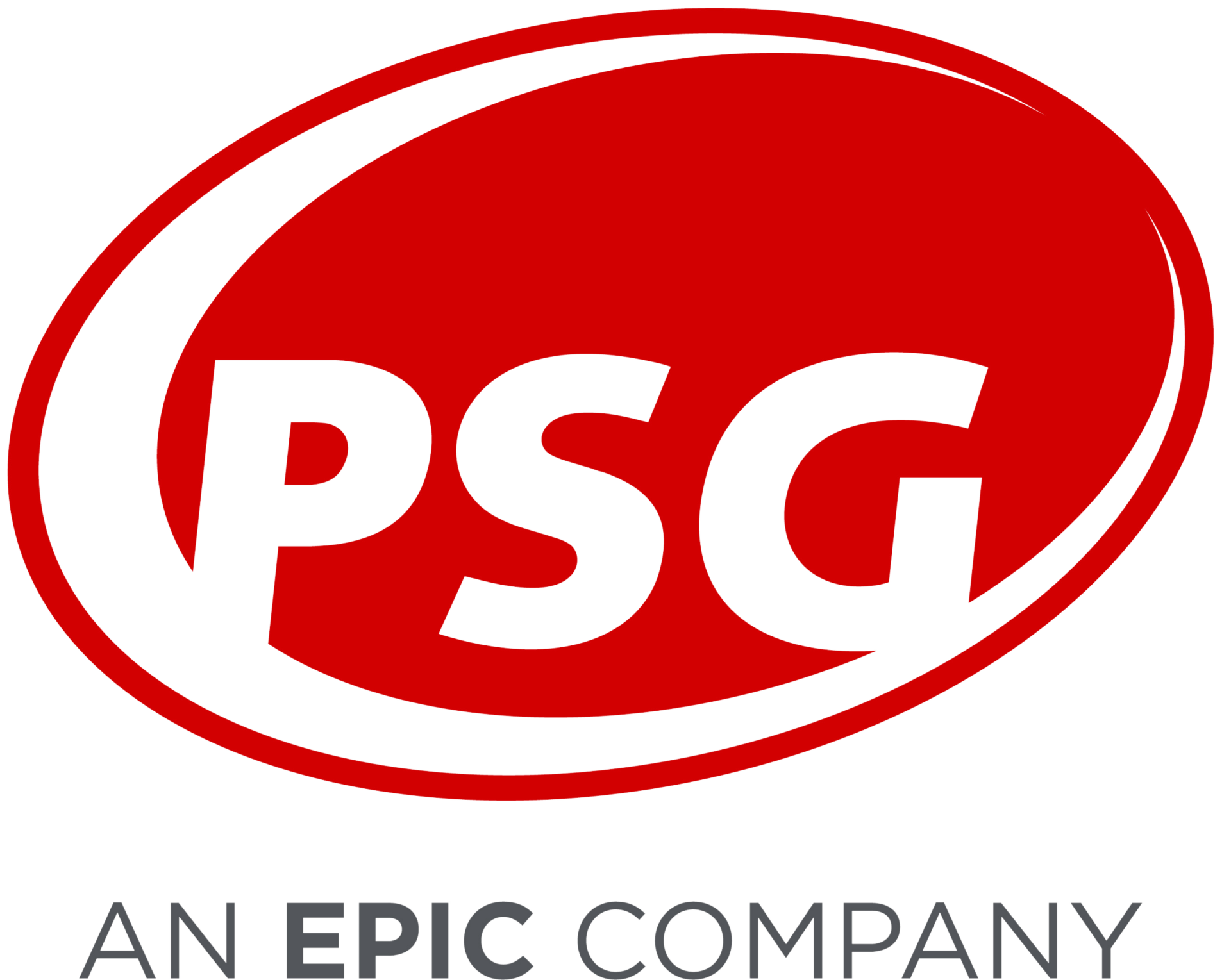2024 Formulary Changes: CVS Health
Posted on December 6, 2023
Get the Full Analysis of the other Big 3 Formulary Changes:
Key Insights from the CVS Health 2024 Formulary Changes
- The projected percentage of members impacted based on PSG’s book of business data is the highest observed over the last few years by the annual formulary changes.
- Utilizers within the respiratory and diabetes categories were most impacted. Fifty percent of members impacted by the formulary changes receive medications in the respiratory category and 20% in the diabetes category. Similar to other PBMs, CVS specialty drug exclusions increased from 12 in 2023 to 19 in 2024.
- CVS will take advantage of several lower-cost biosimilars and specialty generics by offering them as preferred alternatives in select categories, including oncology, inflammatory conditions, and ophthalmology.
- Although preferring biosimilars should drive cost savings in most categories, the inflammatory condition category may have less impact due to the continuing preferred status of Humira.
CVS Health recently announced changes to the Standard Control Formulary, effective January 1, 2024. This year, we observed a notable increase in the percentage of members (3.23% for 2024 compared to 0.3% in 2023) and the percentage of drug spend (2.91% for 2024 compared to 0.5%) impacted by these formulary exclusions. The following is an analysis based on PSG’s book of business data.
| Standard Control Formulary | |
| New Exclusions for January 2024 | 39 |
| Number of Specialty Drugs | 19 |
| % Members Impacted | 3.23% |
| Total Drug Spend Impact | 2.91% |
| Drug Additions | 13 |
| Number of Specialty Drugs | 8 |
Some of the notable formulary changes are highlighted below.
| Category | Notable Products to be Excluded* | Example of Uses |
| Anaphylaxis | Epipen, Epipen Jr., select generic epinephrine autoinjectors | Life-threatening allergic reactions |
| Oncology | Kanjinti*, Trazimera*, Iressa*, Nexavar*, Lorbrena* | Multiple cancers |
| Inflammatory Conditions | Amjevita* | Rheumatoid arthritis, plaque psoriasis, Crohn’s Disease |
| Diabetes – Long-Acting Insulins | Basaglar, Levimir | Diabetes |
| Growth Hormone | Genotropin* | Growth Hormone Deficiency |
| Migraine – CGRP Inhibitors | Aimovig | Migraine prevention |
| Respiratory | Advair Diskus, Advair HFA, Symbicort | Asthma, Chronic Obstructive Pulmonary Disease (COPD) |
*Denotes specialty drugs
Excluded Drug Analysis
Note: “Percentages of impacted members,” referenced frequently in the analysis below, is not a percentage of total members but rather a category-based subset of the total members impacted by formulary changes.
Anaphylaxis
The excluded epinephrine products are used to treat life-threatening allergic reactions. Multisource brands Epipen and Epipen Jr. and select high-cost generics will be excluded. Lower-cost generics and brand Auvi-Q will serve as alternatives. Auvi-Q is competitively priced and offers a voice-activated system that instructs the patient/caregiver on how to use the injector and administer the drug. Additionally, Auvi-Q has the advantage of offering a 0.1mg strength, making it available to younger patients who weigh 16.5 to 33 pounds. With these alternatives, members will have adequate choices of epinephrine products that are clinically equivalent and less costly.
Oncology
Historically, drug exclusions in the oncology category have been rare. However, with the approval of generics, biosimilars, and lower cost/therapeutically equivalent alternatives, such changes are becoming more common. Effective 1/1/2024, CVS will remove five oncology drugs from its formulary. Two Herceptin biosimilars, Kanjinti (trastuzumab-anns) and Trazimera (tratuzumab-qyyp), will be removed. They are being replaced with alternative biosimilars, Herzuma (trastuzumab-pkrb) and Ogivri (trastuzumab-dkst). Additionally, two multisource brand drugs will be removed, Iressa (gefitinib) and Nexavar (sorafenib), as well as one single source brand drug, Lorbrena (lorlatinib). Members currently receiving Lorbrena will be allowed to continue therapy, while members on the multisource brands and biosimilars will be required to switch to the lower-cost generic or biosimilar alternatives. We estimate minimal member impact. However, additional disruption may occur under the medical benefit since some drugs are administered in a healthcare facility.
| Excluded Products | Preferred Alternatives | Uses |
| Kanjinti and Trazimera (Herceptin Biosimilars) | Herzuma, Ogivri | Breast and gastric cancers |
| Iressa | gefitinib | Metastatic non-small cell lung cancer |
| Lorbrena | Alecensa, Alunbrig | Non-small cell lung cancer |
| Nexavar | sorafenib, sunitinib, Cabometyx, Inlyta, Lenvima | Liver, kidney, and thyroid cancer |
Inflammatory Conditions
This category includes Humira (adalimumab), a top-selling drug in the U.S., which experienced the entry of biosimilars in 2023. To date, there are nine FDA-approved Humira biosimilars available in the market. Like other PBMs, CVS added Amjevita (adalimumab-atto), the first Humira biosimilar to launch, to its formulary in 2023. Now that additional Humira biosimilars are available, CVS will remove Amjevita and prefer two biosimilars, adalimumab-adaz and Hyrimoz (adalimumab-adaz). Brand Humira will remain in a preferred position with the biosimilars at parity, meaning no preference will be given for Humira or the biosimilars. Consequently, member disruption and biosimilar uptake will likely be minimal in 2024. However, with continued competition driving down costs, the impact of Humira biosimilars on savings for both plans and members is expected to grow over the coming years.
Diabetes, Long-Acting Insulin
Formulary changes regularly impact the diabetes category. In particular, the long-acting insulin products will experience changes on two of the big three PBM formularies in 2024. CVS will exclude Basaglar (insulin glargine) and Levemir (insulin detemir), instead preferring Lantus (insulin glargine), a longstanding market leader. Changes to the insulin category are often more disruptive, and, in this case, of all members impacted by formulary changes, 20% are associated with the deletion of these two insulins. Despite product similarities, it is important to realize that member and provider preferences exist – especially with insulin therapy. Familiarity with specific insulin delivery devices may also create some member disruption, so member education is critical when changing insulin therapy.
Growth Hormone
Growth hormones primarily treat children who may fail to reach adult-predicted height due to growth hormone deficiency. There are several clinically similar growth hormone products which provide opportunities for PBMs to narrow their formulary drug selection. As such, this category is commonly impacted by formulary changes, with alternating preferred formulary products from year to year. Genotropin (somatropin) will be excluded from the Standard Control Formulary in favor of Humatrope (somatropin) and Norditropin (somatropin). Although minimal clinical differentiation exists among these drugs, preferences and familiarity with the individual product delivery devices will likely require communication and education among members and their providers.
Migraine, Calcitonin Gene-Related Peptide (CGRP) Inhibitors
The introduction of a new class of drugs, CGRP inhibitors, evolved the treatment of migraines. CGRP inhibitors have experienced explosive growth and represent a possible solution to a significant unmet need among some migraine sufferers. Aimovig (erenumab-aooe), an injectable CGRP inhibitor used for the prevention of migraines, is being removed from the formulary. Ajovy (fremanezumab-vfrm) and Emgality (galcanezumab-gnlm), also injectable products, along with an oral product Qulipta (atogepant), will be preferred. Aimovig does not provide a unique clinical benefit that isn’t already addressed by the preferred alternatives. This change should provide sufficient treatment options for providers and members. PSG estimates that approximately 2% of the impacted members are associated with the removal of Aimovig.
Respiratory
Three market-leading products used to treat asthma and chronic obstructive pulmonary disease (Symbicort (budesonide/formoterol), Advair HFA (fluticasone/salmeterol inhalation aerosol), and Advair Diskus (fluticasone/salmeterol inhalation powder)) will be removed from the formulary and replaced with clinically appropriate, lower-cost alternatives. Out of the members impacted by formulary changes, nearly 50% are associated with this change. However, automatic substitution at the pharmacy counter with the generic alternatives may lessen member disruption.. Additionally, good member communication can help minimize member disruption.
Need help navigating 2024 formulary changes? PSG has the unbiased clinical and market expertise you need, contact us today to learn more.
Contact Us – Blog
"*" indicates required fields

